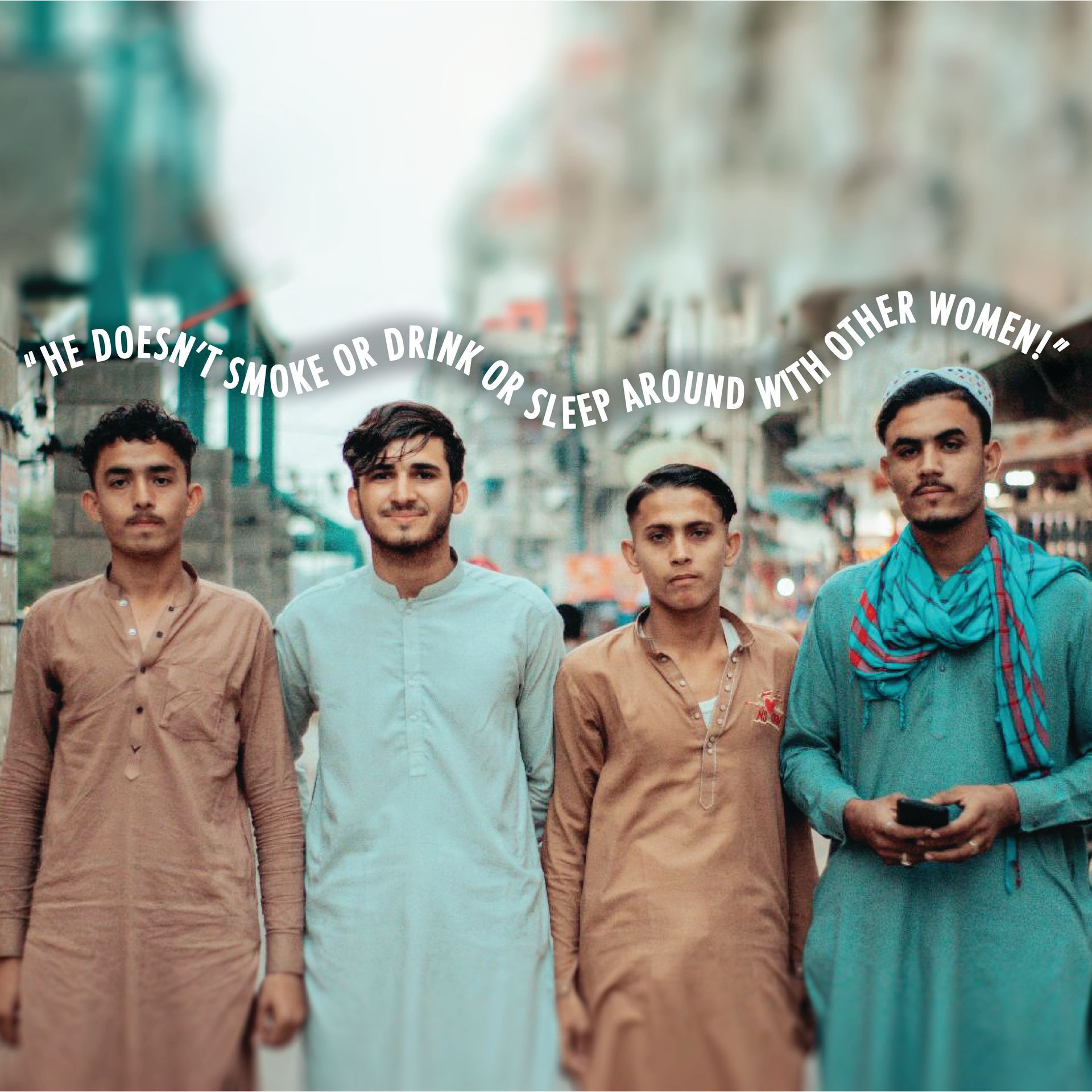
Being True Ambassadors of Christ
When we were living in a Muslim country, a local friend once invited me to one of his hangouts and meet some of his friends. After traveling across town, we finally reached the place.I asked, “Are you sure the guys here will be ok with me coming here?”He laughed at my question and said, “Oh, of course!”As we entered the room though, the tough-looking group of local men looked up and frowned as they saw me. My friend noticed this too and decided to disarm them with an introduction.He candidly said, “Hello, everyone! Meet my Christian friend. He is different from the other Christians here. He doesn’t smoke or drink or sleep around with other women!”I thought, Wow, thanks. What an introduction—maybe you should try again! When local Muslims asked about my faith, I was generally low key about calling myself a Christian. I usually prefer the term “follower of Christ” or “true believer.” I knew that there was a lot of baggage that comes with the term “Christian”. It was a trigger word for many Muslims, making them instantly defensive when they heard that word.Much to my surprise, my friend’s words did disarm the group, and someone immediately invited us to join him and the others at his table. In the hours that followed, though there were some occasional quizzical looks that came my way, we had some very interesting conversations! Most Muslims in that country considered all foreigners to be “Christian”, including the UN community, the non-profit community, as well as any Western diplomatic personnel. Unfortunately, in that high stress environment, there were many people living very sinful lives ( hence, my introduction above). The local people thought that since they were Westerners, they were Christians.

Breaking Christian StereotypesHow are you known by your Muslim neighbors, colleagues, or immigrants in your community? Are you seen as someone who just blends in and is no different than the next guy? Or do they know you as a true follower of Christ? What sets your life apart from others?We all tend to put people into boxes, and so do Muslims. We need to ask what box we have put them into and vice versa. These boxes are called stereotypes, and they can be very powerful. We have to be careful, personally, not to be unduly influenced by these stereotypes, and we must show our Muslim friends that their stereotypes of Christians do not fit us.One of the ways we can break these stereotypes is to get into their communities and interact with them so that they can truly see us for who we are. They will eventually come to understand that, though we are imperfect people, we are people living by grace and serving One who is full of grace and peace, Jesus Christ.I would encourage you to try to get to know a local Muslim family. You could offer to teach English lessons or American idioms to a new refugee family. You could also help an immigrant family that has been here for several years prepare for the citizenship exam. If you know an established family that’s been residing here for a long time, perhaps ask if they could help you understand the history of Islam, or cultural things about their home country. This might include them teaching you to learn how to prepare their favorite foods.These are just a few ways that can help you connect with your Muslim neighbors and new immigrants to your communities. As you take these steps to get to know them, take opportunities to pray and share stories from the Bible so that your Muslim friends hear about your faith and they in turn can tell others!
Additional Posts





